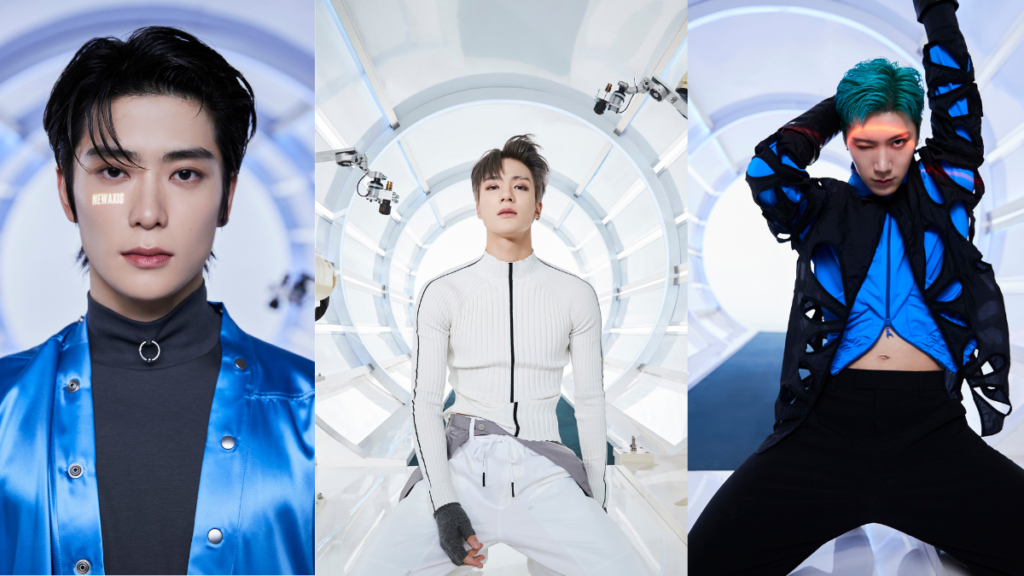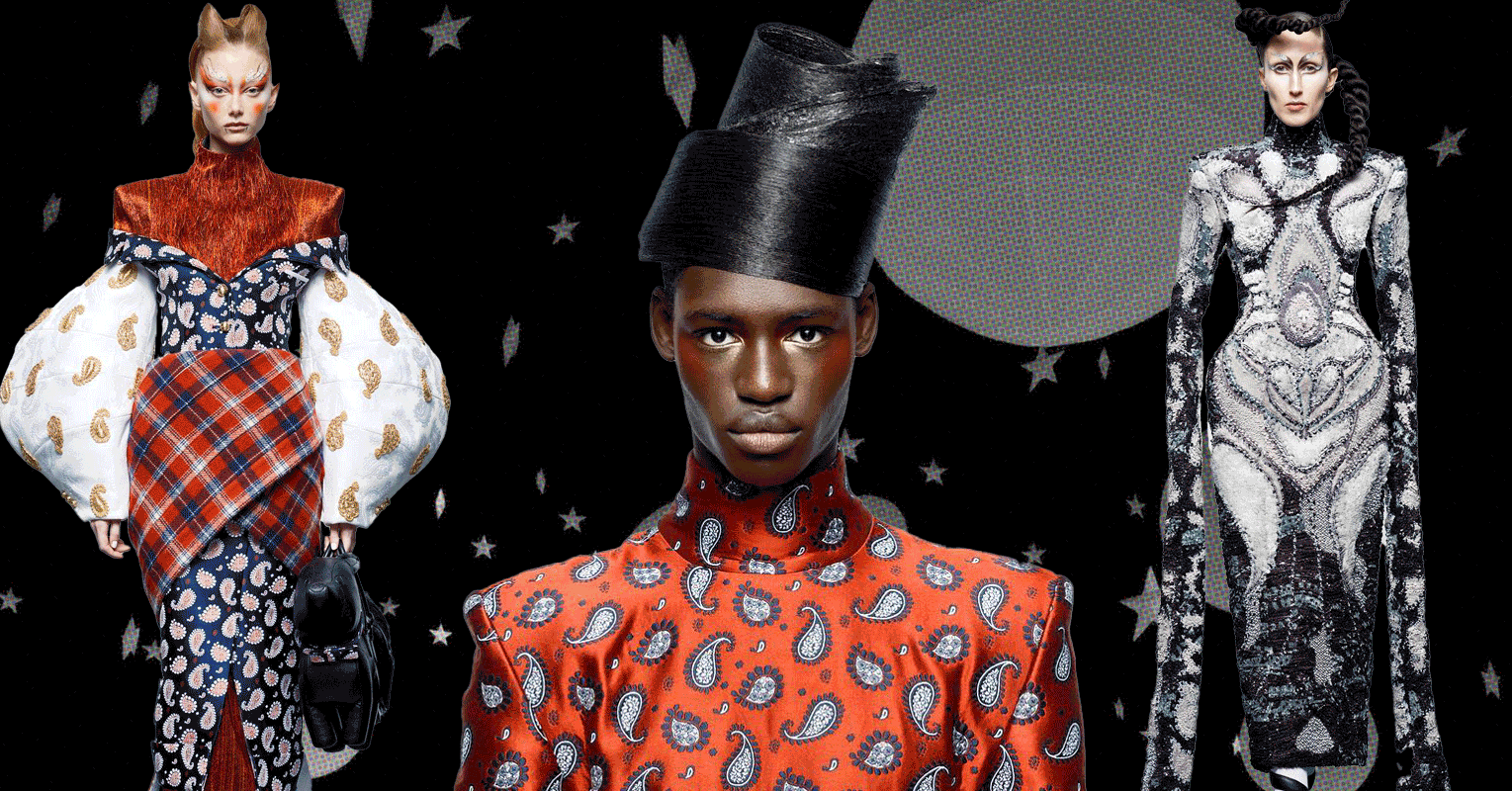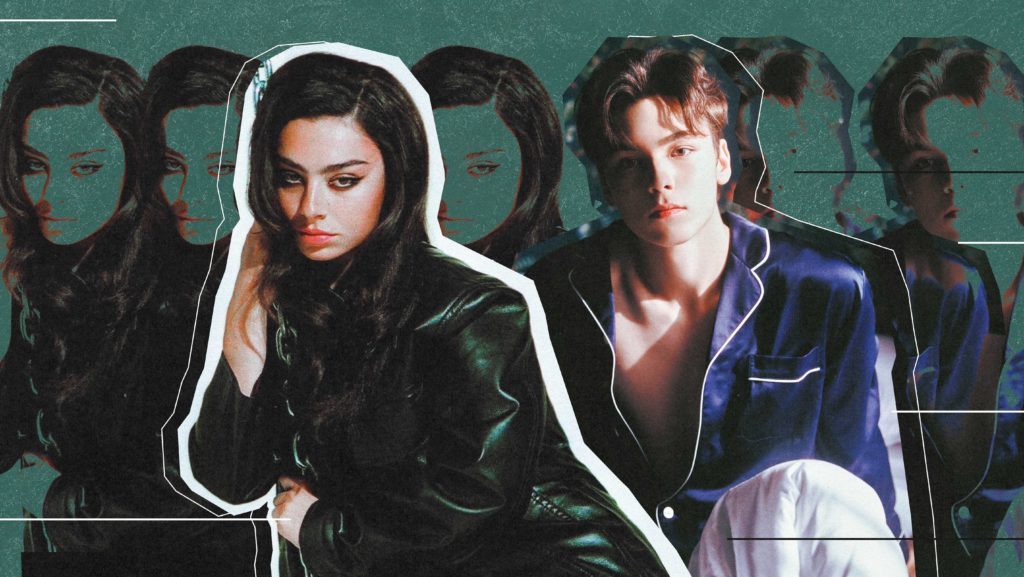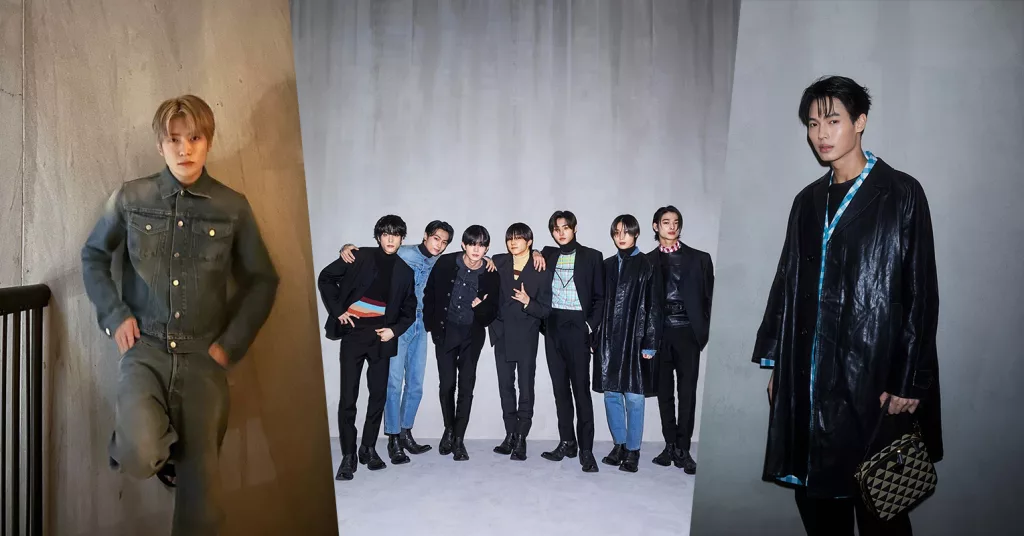Bianca “Blush” Atterberry On Being A Black Woman in Music
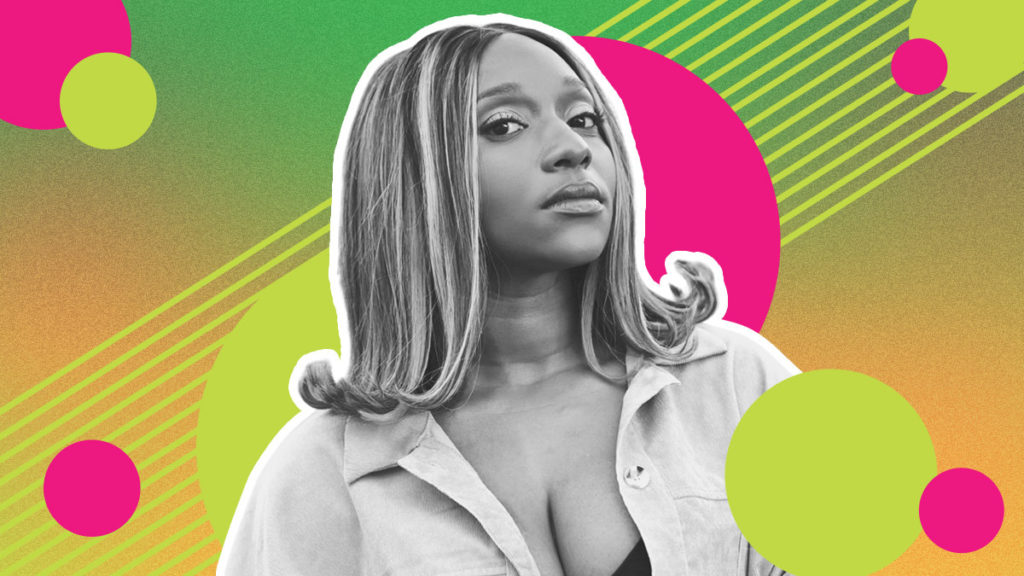
The music industry can be hard to navigate for upcoming artists that may not be knowledgeable about all that comes with the career. Understanding the value of the creative visions that you bring to the table can be difficult, especially for anyone that isn’t a straight, able-bodied, white man. Bianca Atterberry, more commonly known as Blush, has experienced this thoroughly.
She is credited as part of projects for huge names in the industry like K. Michelle, Demi Lovato, Kelly Rowland, Ariana Grande, and so many more. She has also lent her talents to K-pop artists, participating in EXO’s “Bad Dream,” NCT 127’s “Love Song,” WayV’s “Yeah Yeah Yeah,” and Taeyeon’s “Purpose.” Blush sat down with EnVi through video call to talk about how she got to where she is now, advice for career prospects, and being a Black woman in the music industry.
A Wild Journey
A constant friend throughout Blush’s life has been music. She moved around a lot because her mother was in the military, but she always found a way to sing in every environment she was in. Blush attended the Pittsburgh High School for Creative and Performing Arts, and performed with the Pittsburgh Festival Opera. At the age of 19, she made the decision to pursue a music career after being offered the opportunity to participate in the Emmy Award-winning soundtrack from Fly Boy Fly: A Tuskegee Airmen Documentary. She said, “I left home, quit my post office job, and got in the car to move to Georgia. That is what really started the journey within the industry.”
The moves that Blush has made throughout her life and career have all served a purpose in her journey. While this decision can be hard, understanding who you are and what you need is a strong factor in advancing with all your goals. She puts these values into her music, stating that an inspiration for her songs are “everything that is around me, everything that I experience, everything I see happen to other people, and the emotional climate of the world.” Her son, Niko, is the primary inspiration and motivation for her future endeavors. He was diagnosed with Autism, a developmental disorder that affects one in 44 children. While tending to the needs of her son, she explained, “my form of writing has always been internal or for what is happening around me.”
Blush has used her methods for multiple artists including R&B superstar K. Michelle, who she has worked with extensively. She had the most fun participating in K.Michelle’s sophomore album, Anybody Wanna Buy A Heart. She looked back on the experience fondly, “our musical chemistry was amazing. We loved to be creative and have a good time. We love to have our moments and not really think about what everyone else was thinking or doing.” Blush was able to step into the project as a writer, vocalist, producer, and so many other hats, giving her a sense of belonging and the feeling of “….I am here because this project needs me.”
Knowing Your Worth
With an impressive discography and passion for all things music, Blush has seen so many sides to the music industry. While the glitz and the glamor of the career could be ideal to some, the ride up is a learning experience and can be lonely. Those that are starting out can be easily moved in directions and obligations that are unfair to their skillset. It’s so easy to take up opportunities because of the big names that are attached to it, and executives will take advantage of “…an artist’s ignorance, and not ignorance in bliss but because no one sat down and educated them.” It took Blush decades to understand this.
After working on several of K. Michelle’s well-received projects, Blush barely made any money and ended up going homeless. “After being an executive producer writing every song on the album and doing the backgrounds, I didn’t do my paperwork right so no money came in and I wasn’t given credit,” she reminisced.
Another example of this would be Andrea Martin, the late American R&B singer-songwriter and record producer responsible for writing hit songs like “You’re the One” by SWV and “I Love Me Some Him” by Toni Braxton. Blush said, “she was the voice of so many hit songs and needed a GoFundMe for her funeral. She got paid $300 dollars for one of the most popular songs in the world. That is ridiculous.” Unfortunately, these stories are not rare as so many creatives in the music industry do not get paid accurately, if at all, for their contributions.
On one of Blush’s most recent projects, she was not offered any payment because someone else who worked on the song gave the okay to release it. Because one participant on the song gave clearance for the song to be released, executives do not need to ask any other participants which resulted in unfair payments. Blush offered advice to other songwriters out there, “figure out what you are willing to do and what you are not willing to do or it will toss you around like you are in a hamster ball that somebody just kicked down a flight of steps.”
Being Black in the Industry
Taking up space that was made to make the white male prosper will be a difficult ride for all their counterparts. “The norms of society are not forgiven or forgotten in the music industry,” Blush said. “The bias and the hatred all still exist. Where there is whiteness, there will be prejudice because that is how they designed this country.” While this career can be seen as an escape, it is near impossible to be removed from this in the music industry. Black creatives are the minds behind some of the biggest musical releases and moments in the world, but there is still a disconnect and unwantedness that they experience. “You don’t see five Black women getting praised at the same time, but you see white songwriters becoming artists. They are set up differently, and they have more representation.”
Black people are given specific spaces in the industry, but a very limited amount of room is given to move further up or stay in the popularity loop. Blush expressed, “you have to be your own advocate. You make yourself important. The more you shine and the more you feel confident in who you are, the more people are going to be attracted to that.”
Blush has also worked on many projects for K-pop, an industry that she feels hesitant to participate in again. While K-pop’s overall popularity has risen over the past few years, the respect to the communities they derive inspiration from is rarely seen. Fans from different cultural backgrounds are drawn to K-pop but even with its worldwide success, cultural appropriation and blatant racism run rampant in the industry.
Blush spoke on her experience with this, “I am a Black woman first. I think K-pop disregards how much they are taken and influenced from Black culture. I was in a meeting where [a company] was showing us their new K-pop group. Two of the rappers performed a song that had the N word in it and they just went ahead and said it. Everyone was just sitting there and I was in shock.” Even with Black people being the inspiration, source, and creators of the music, there still seems to be very little spaces in which respect is given to culture.
Moving Forward
Being behind the scenes of some of the world’s most popular songs has its trials and triumphs. Navigating your world with confidence and integrity will get you to the space that you want to be in. Blush advised therapy for current and upcoming professionals in the industry, stating “you are here to be used, not abused. Trying to get into a position of power or trying to show people your worth, it [takes] a lot of needing therapy. If I didn’t have a therapist, I would be out here lost.”
Blush’s passion for helping singers and songwriters get what they deserve has moved her towards an organization called The 100 Percenters. This organization advocates for songwriters to get access to publishing, points, fees, and per diem for those that are stuck in outdated publishing contracts. They offer resources for artists to take advantage of, and strive to make the music industry a safe and fair place. Currently, Blush is working on some secret projects that should be released soon, and said, “I’m working on things that feed my soul. Having a safe space is important. [You can] feel beautiful and relevant in a healthy way.”
You can find Blush on Instagram, SoundCloud, Twitter, Spotify, and her website.
Want more? Make sure to read our full issue here!
